The age-old mystery of why cats seem to favor certain humans over others is a topic that has fascinated cat lovers for generations. Despite their aloof reputation, cats are capable of forming strong bonds with humans, often gravitating towards specific individuals. This enigmatic behavior can be attributed to a variety of factors, ranging from personality traits to environmental influences. In this article, we will explore the intricate dynamics that dictate feline affection, shedding light on the reasons behind their selective companionship.
The Power of Personality Compatibility
One of the primary reasons why a cat may favor one person over another is personality compatibility. Just like humans, cats have distinct personalities. Some are more social and outgoing, while others are reserved and cautious. When a cat encounters a human whose personality aligns with their own, a natural bond is more likely to form. For example, a cat with a calm demeanor may be drawn to a person who exudes tranquility, creating a peaceful and harmonious interaction.
Understanding Body Language
Cats are masters of non-verbal communication, and they rely heavily on body language to convey their emotions and intentions. Humans who understand and respect feline body language are more likely to earn a cat’s trust and affection. For instance, a cat may appreciate a person who maintains soft eye contact, as it signals safety and reassurance. Conversely, individuals who engage in sudden movements or loud noises may inadvertently scare a cat away.
The Role of Scent in Feline Affection
Scent plays a crucial role in how cats perceive and interact with the world. Each person possesses a unique scent, which can either attract or repel a cat. If a cat finds a person’s scent comforting, they may be more inclined to seek out their company. This is why cats often rub their faces against their favorite humans, marking them with their own scent as a sign of affection and ownership.
Consistency and Routine: Building Trust
Cats thrive on consistency and routine. A person who provides a stable environment with regular feeding times and predictable interactions is more likely to win a cat’s favor. This reliability helps build trust, making the cat feel secure and valued. On the other hand, erratic behavior or sudden changes in routine can cause stress and apprehension, potentially leading a cat to distance themselves.
The Influence of Early Socialization
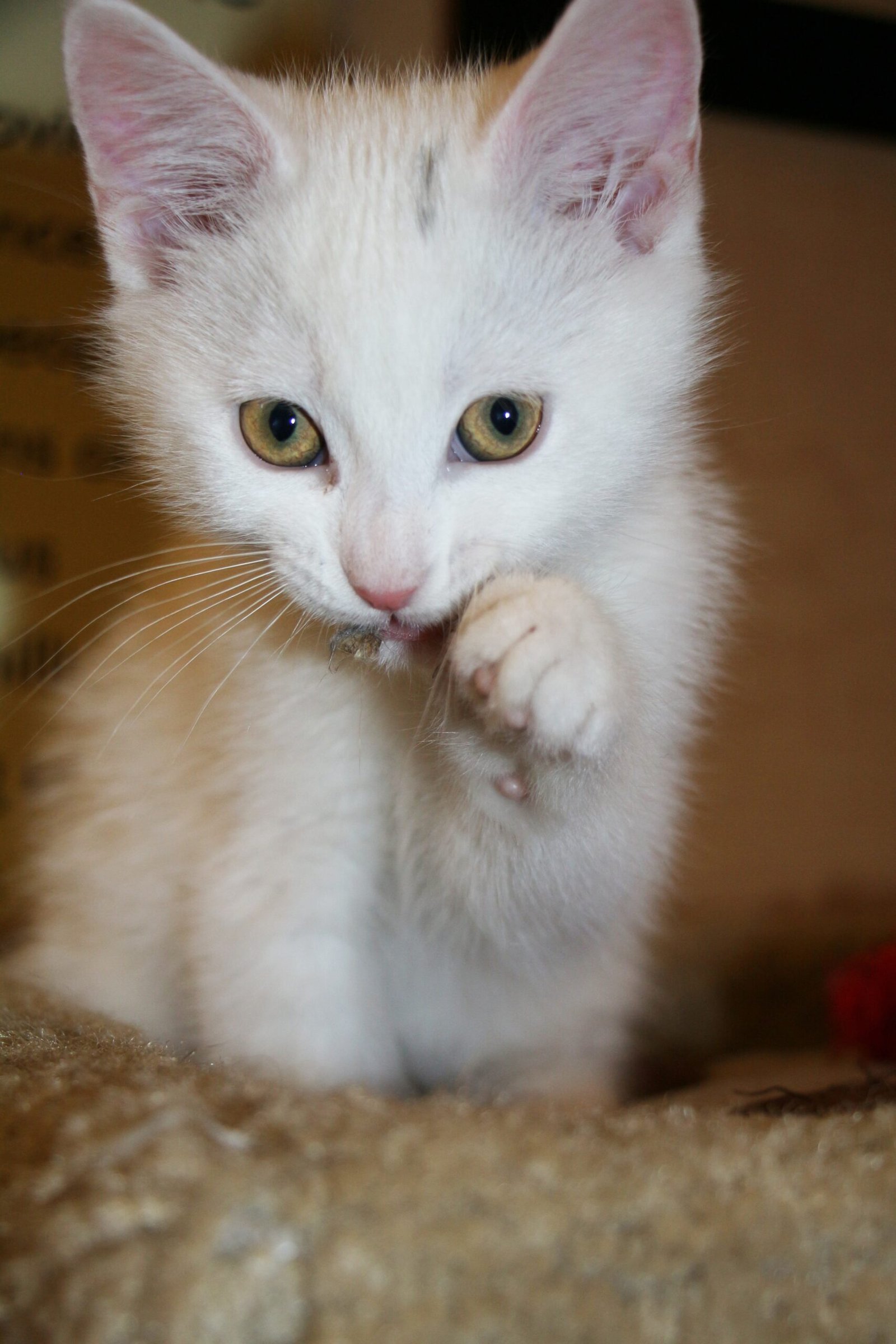
The experiences a cat has during their early developmental stages can significantly impact their preferences for human companionship. Cats that were exposed to positive human interactions as kittens are more likely to be friendly and affectionate towards people. Conversely, cats that had limited or negative interactions may be more cautious and selective in choosing their human companions.
Recognizing Individual Needs
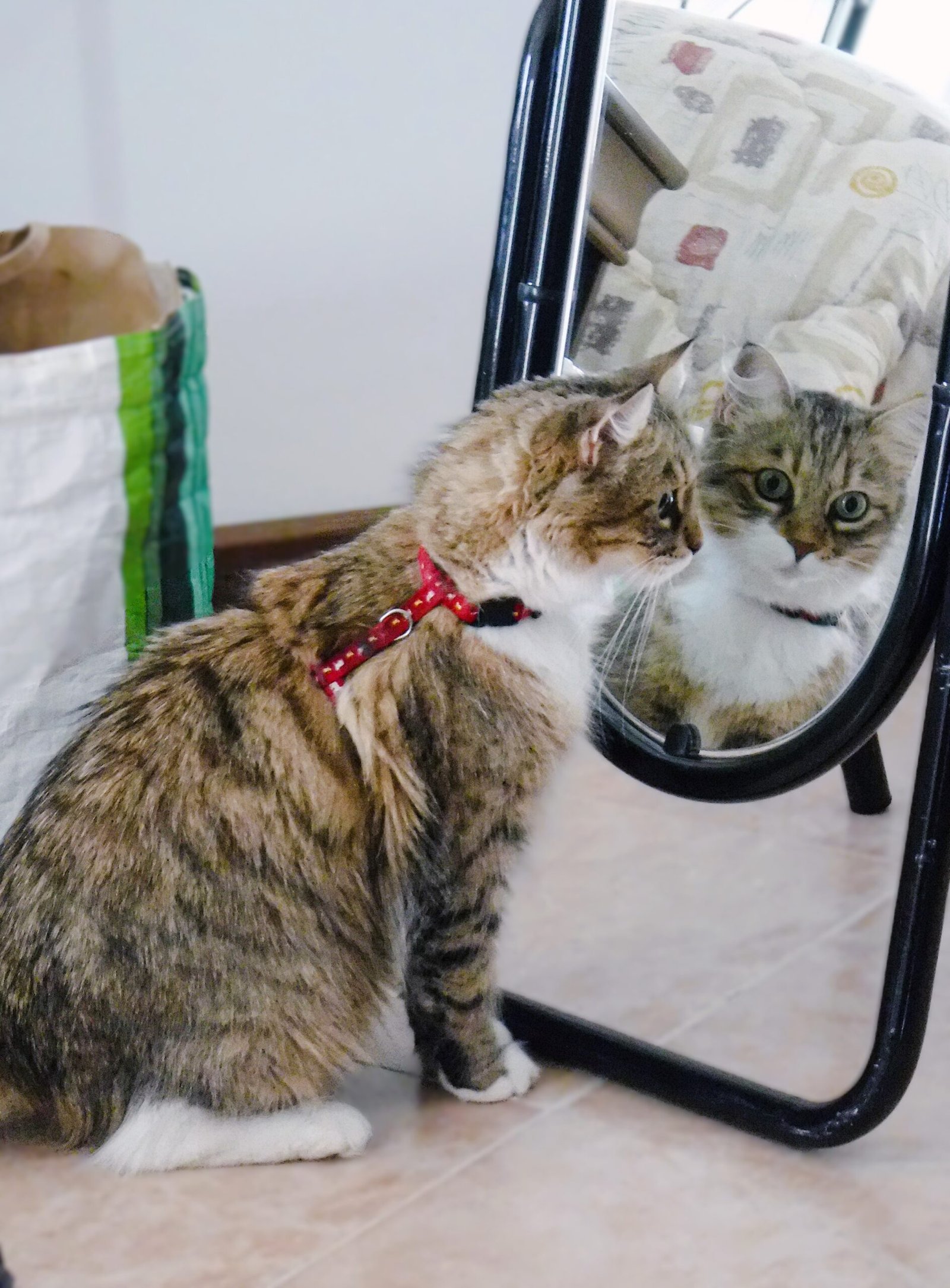
Cats, much like humans, have individual needs and preferences. Some cats may enjoy being petted and cuddled, while others prefer more independent interactions. A person who recognizes and respects a cat’s individual needs is more likely to be favored. For example, a cat that values personal space will appreciate a human who allows them to approach on their own terms, rather than forcing interaction.
The Impact of Voice and Tone
Cats are sensitive to the tone and pitch of human voices. A gentle, soothing voice can have a calming effect on a cat, making them feel more at ease. Conversely, a loud or harsh voice may be perceived as threatening, causing the cat to retreat. Individuals who speak softly and with kindness are more likely to win a cat’s affection and trust.
Time and Patience: Keys to Bonding
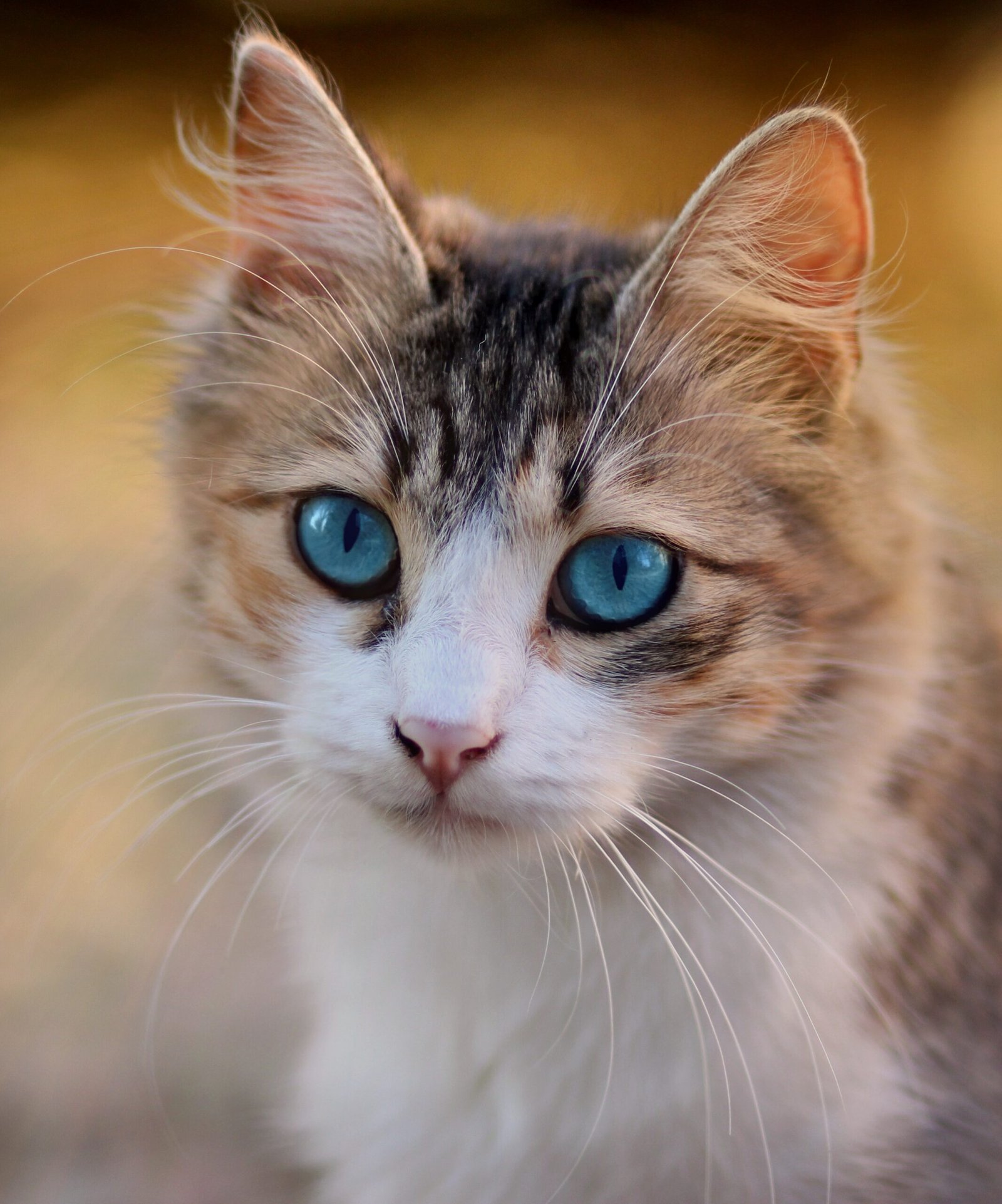
Building a strong bond with a cat requires time and patience. Cats appreciate humans who are willing to invest the effort to understand their unique personalities and quirks. A person who demonstrates patience and allows a relationship to develop at the cat’s pace is more likely to be rewarded with loyalty and affection.
The Importance of Play and Stimulation
Engaging a cat in play and providing mental and physical stimulation can strengthen the bond between cat and human. Interactive play sessions with toys can help build trust and rapport, while also satisfying a cat’s natural hunting instincts. A person who takes the time to play with a cat is often seen as a source of fun and companionship, increasing the likelihood of a favorable relationship.
The Significance of Care and Attention
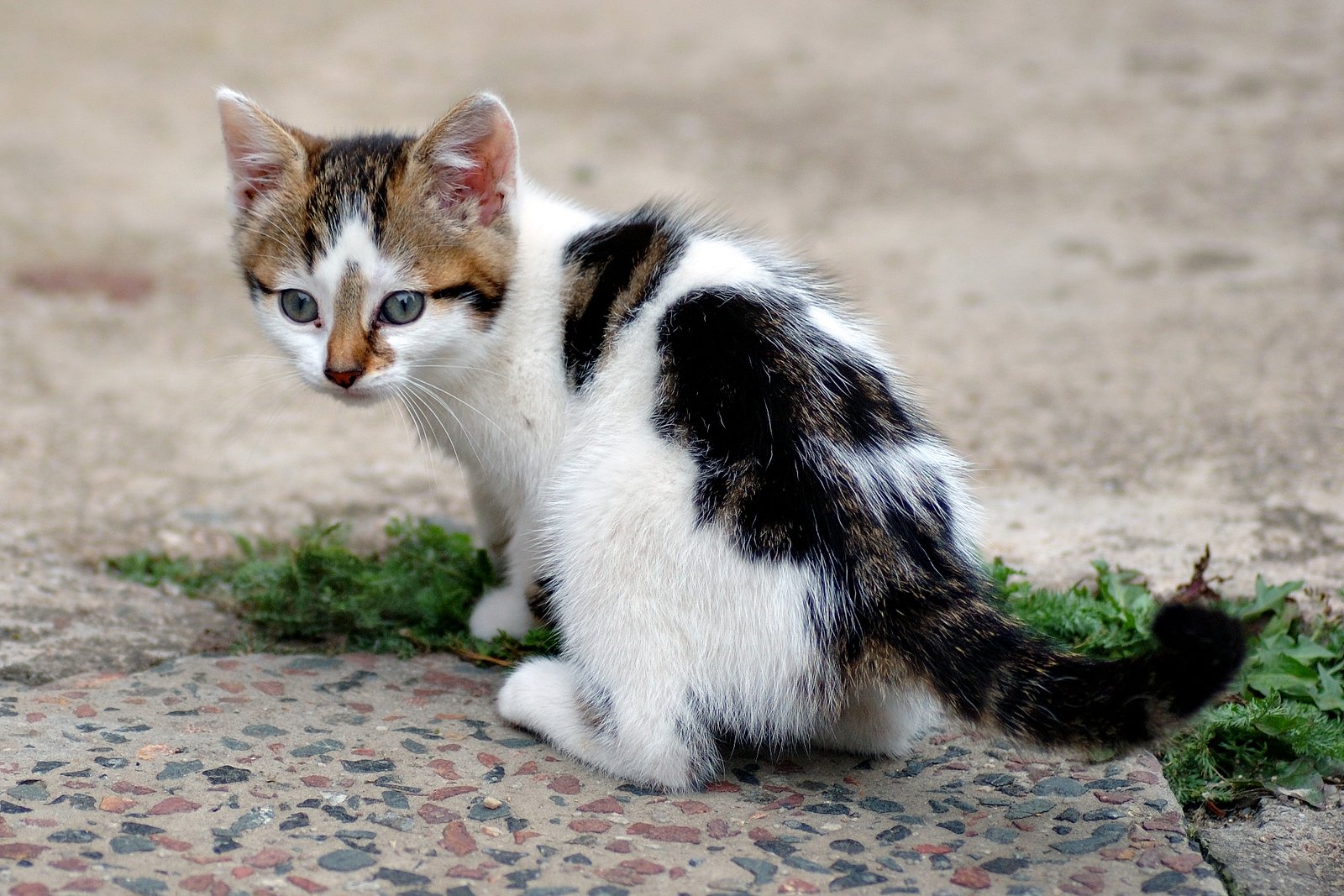
Cats are more likely to form attachments with individuals who provide them with care and attention. This includes ensuring their basic needs are met, such as food, water, and a clean litter box, as well as offering companionship and affection. A person who consistently tends to a cat’s needs is likely to be seen as a reliable and nurturing presence, fostering a strong bond.
Understanding the Impact of Stress
Stress can significantly affect a cat’s behavior and their interactions with humans. Cats that experience high levels of stress may become more reclusive or exhibit signs of aggression. A person who creates a calm and stress-free environment will be more appealing to a cat, encouraging positive interactions and strengthening the bond.
The Role of Past Experiences
A cat’s past experiences with humans can shape their current preferences. Cats that have had positive interactions with people in the past are more likely to seek out human companionship. Conversely, cats that have experienced trauma or neglect may be more cautious and selective in forming new relationships. Understanding a cat’s history can provide valuable insights into their behavior and preferences.
Recognizing and Respecting Boundaries
Respecting a cat’s boundaries is crucial in building a strong relationship. Cats appreciate humans who understand when they need space and when they desire interaction. A person who respects a cat’s autonomy and allows them to set the pace of the relationship is more likely to earn their trust and affection.
The Influence of the Human’s Lifestyle
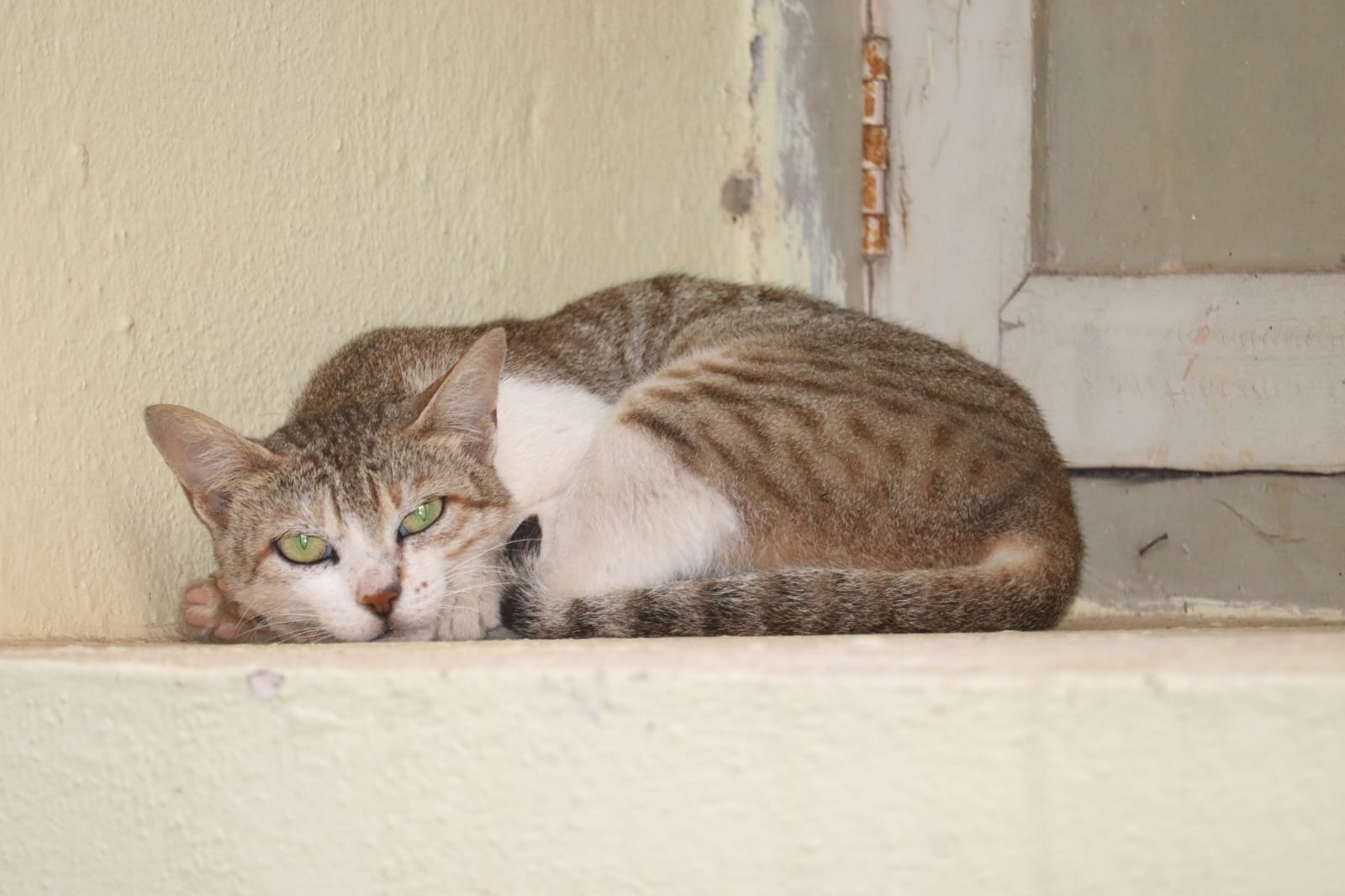
A person’s lifestyle can also impact a cat’s preference for their companionship. Cats may be drawn to individuals with a lifestyle that aligns with their own needs. For example, a cat that enjoys a quiet and relaxed environment may favor a person with a calm and sedentary lifestyle, while an active and playful cat may be drawn to someone who engages in regular physical activity.
The Importance of Mutual Respect
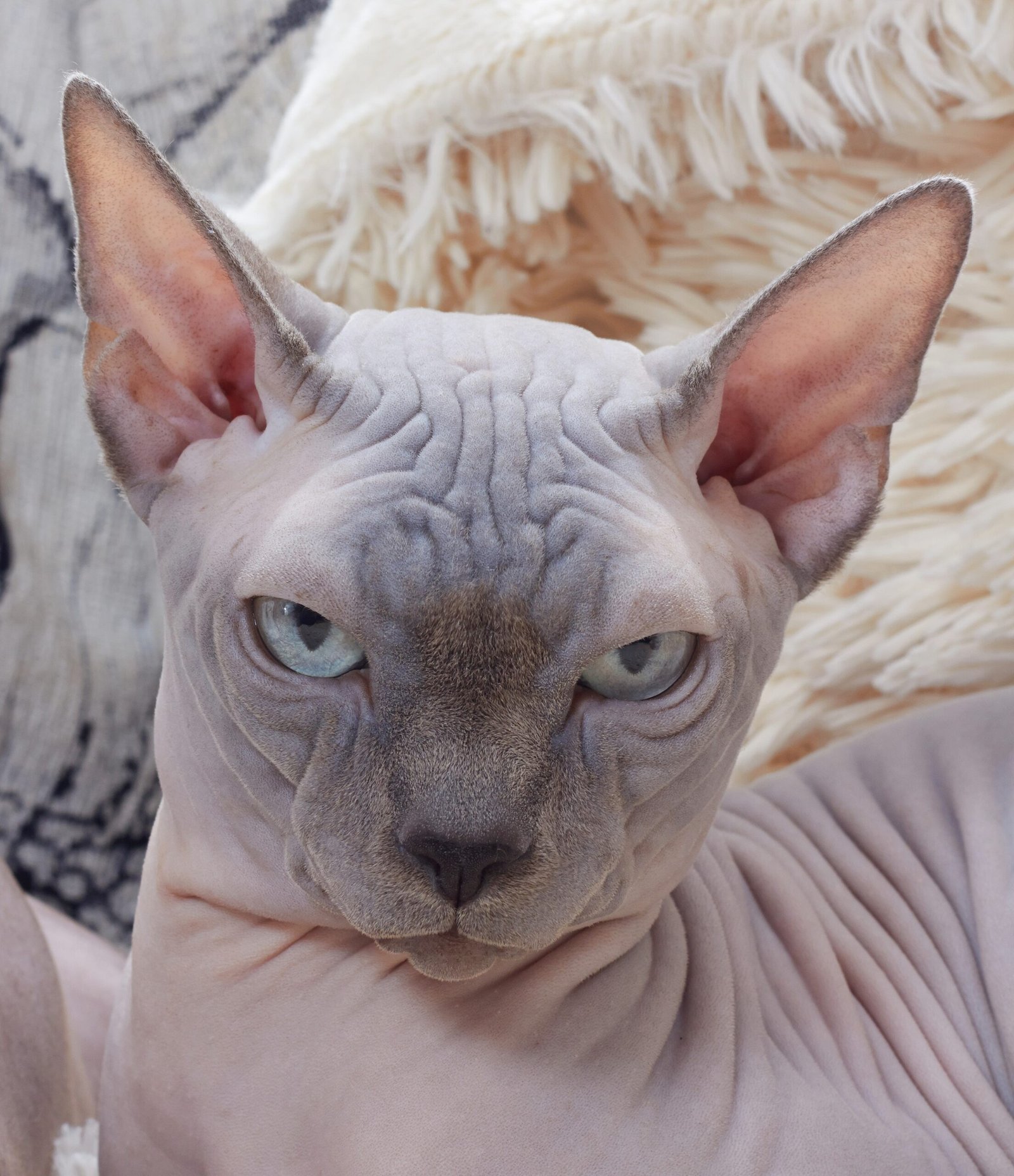
Mutual respect is a cornerstone of any successful relationship, including those between cats and humans. A person who treats a cat with respect and kindness is more likely to be favored. This includes recognizing the cat’s individuality and valuing their unique traits and preferences.
The Role of Emotional Connection
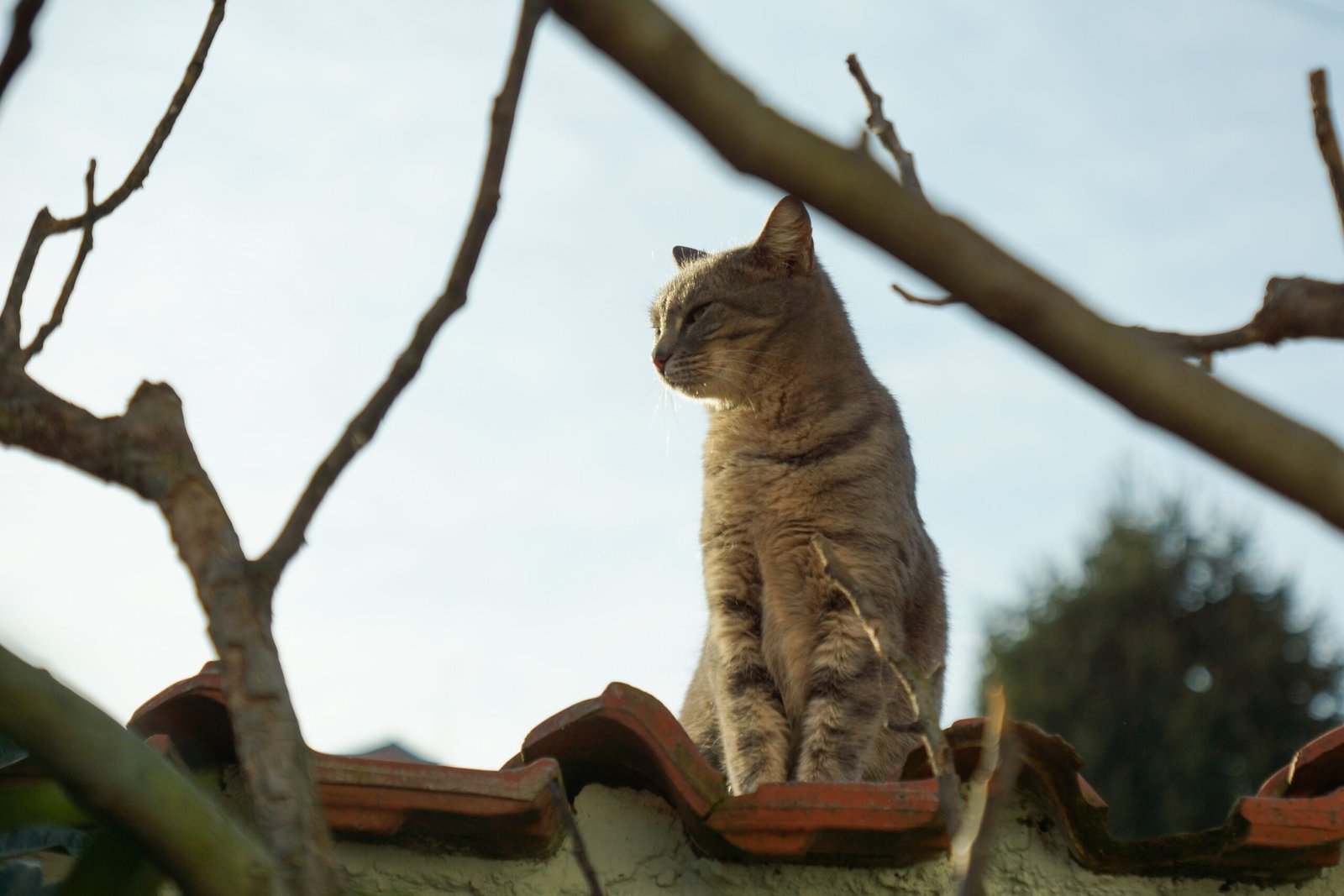
Emotional connections play a significant role in a cat’s preference for certain humans. Cats are intuitive creatures, capable of sensing emotions and responding to them. A person who forms a genuine emotional connection with a cat, offering comfort and companionship, is more likely to be seen as a trusted ally.
The Significance of Physical Affection
Physical affection, such as gentle petting or brushing, can strengthen the bond between a cat and a human. Cats often seek out physical contact as a form of reassurance and comfort. A person who offers appropriate and welcomed physical affection is more likely to be favored by a cat.
The Impact of Health and Well-being
A cat’s health and well-being can influence their behavior and preferences for human companionship. Cats that feel unwell or are in pain may be less inclined to seek out human interaction. A person who is attentive to a cat’s health needs and provides appropriate care is more likely to form a strong bond with the cat.
The Role of Intuition and Instinct
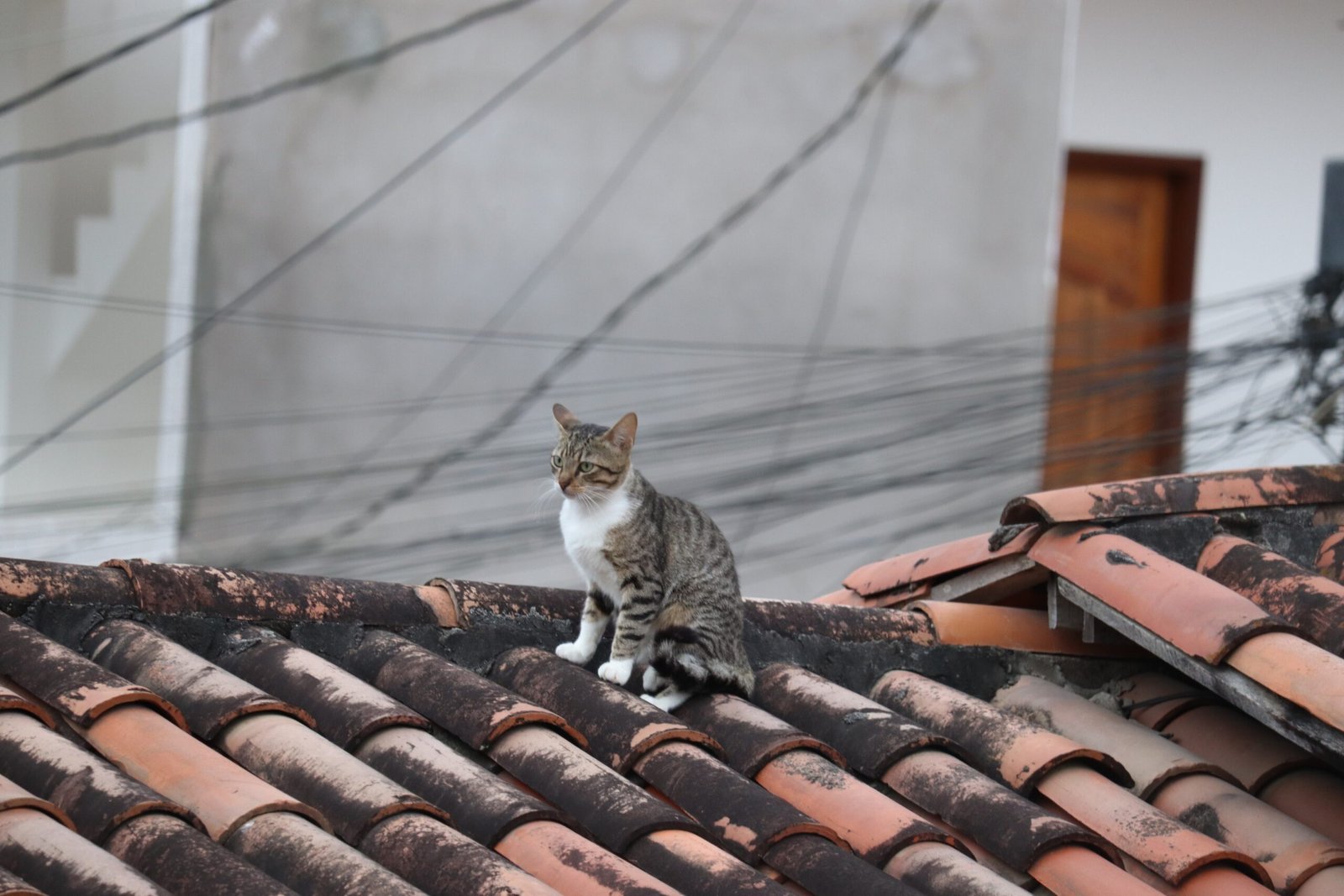
Cats rely heavily on their intuition and instincts when forming relationships with humans. They are adept at reading cues and assessing the intentions of those around them. A person who exudes positive energy and intentions is more likely to be viewed favorably by a cat, fostering a sense of trust and companionship.
In conclusion, the reasons why cats favor certain individuals over others are multifaceted and complex. Understanding these dynamics requires an appreciation of a cat’s unique personality, preferences, and past experiences. By respecting a cat’s individuality and providing a nurturing environment, individuals can cultivate strong and meaningful relationships with these enigmatic creatures.
Hi, I’m Bola, a passionate writer and creative strategist with a knack for crafting compelling content that educates, inspires, and connects. Over the years, I’ve honed my skills across various writing fields, including content creation, copywriting, online course development, and video scriptwriting.
When I’m not at my desk, you’ll find me exploring new ideas, reading books, or brainstorming creative ways to solve challenges. I believe that words have the power to transform, and I’m here to help you leverage that power for success.
Thanks for stopping by, Keep coming to this website to checkout new articles form me. You’d always love it!






